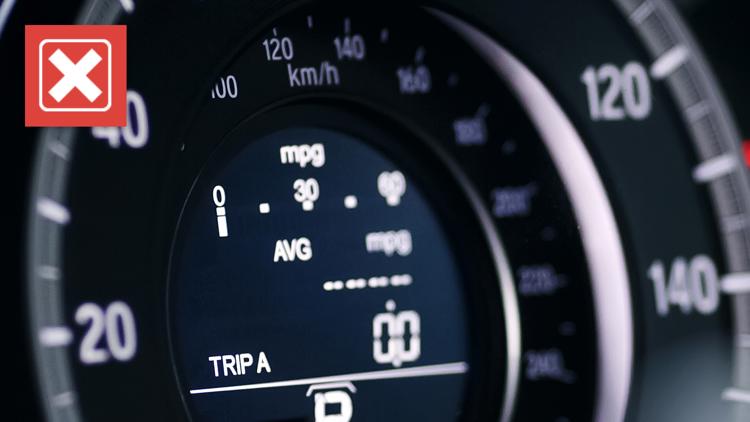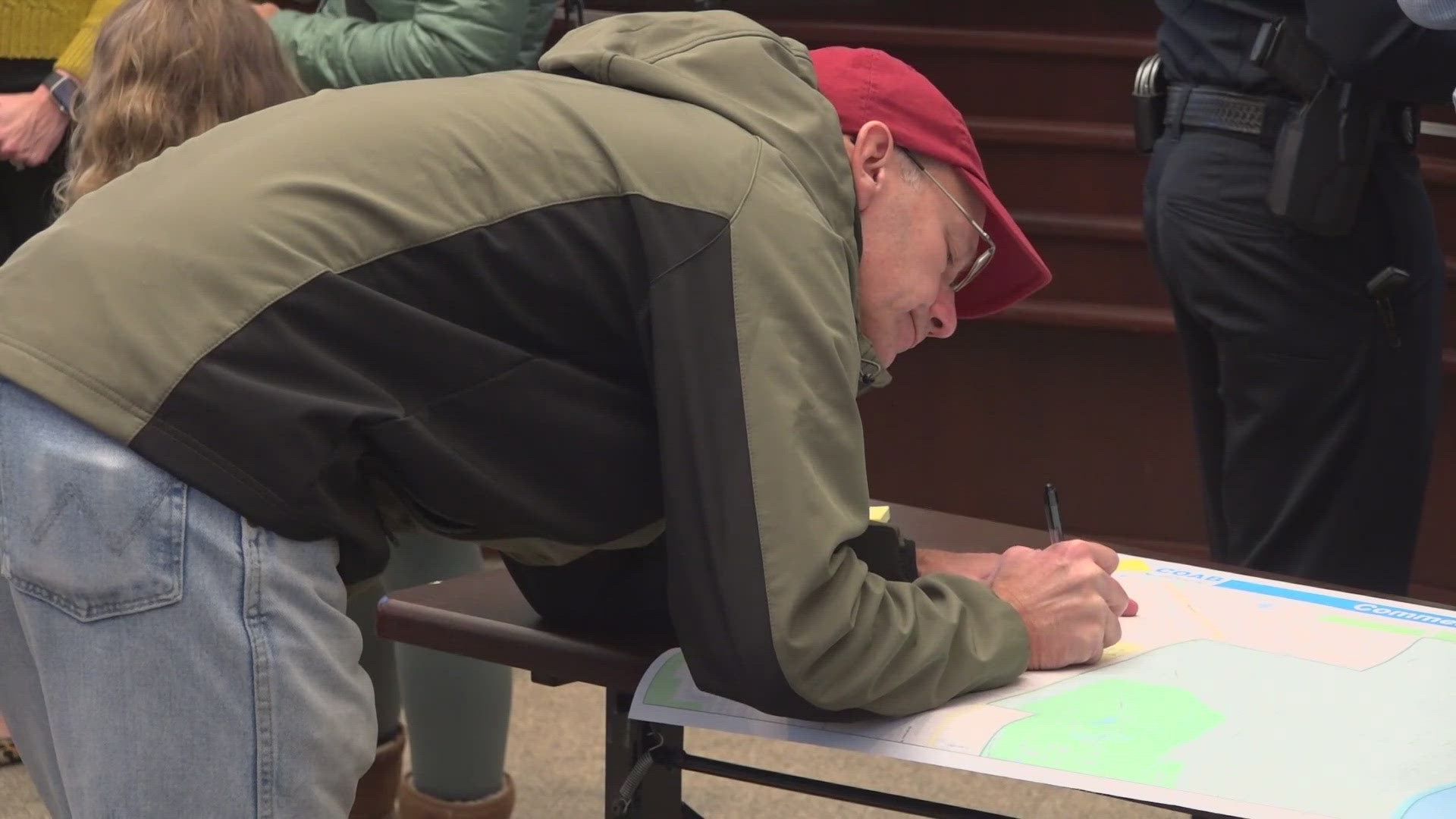Federal safety data shows speeding is a factor in about one-third of all motor vehicle fatalities.
Social media posts claim California lawmakers are attempting to reduce excessive speeding by proposing a law that would require all new vehicles to have speed limiter technology. A TikTok video claims “auto manufacturers will have until 2029 to get that accomplished, but by 2032, 100% of vehicles will be required to come with passive speed limiters… Californians will find out sooner or later if this bill gets signed into law, which it probably will be.”
An X post from Nov. 15 with the video says, “California wants to make it harder for you to speed, so they just passed a new bill requiring half of all new vehicles manufactured or sold in the state to come with passive speed limiters”
Commenters questioned whether the law passed, while others criticized it as an example of government overreach.
THE QUESTION
Did California pass a law requiring new vehicles be equipped with speed limiters?
THE SOURCES
- California Senate Bill 961
- California Gov. Gavin Newsom veto message to the California State Senate
- Sen. Scott Wiener (D-San Francisco) statement
- National Highway Traffic Safety Administration
THE ANSWER
No, California didn’t pass a law requiring new vehicles be equipped with speed limiters. The bill was vetoed.
WHAT WE FOUND
California lawmakers passed a bill requiring vehicles from the 2030 model year onward be equipped with passive speed limit technology, but it never became law. Gov. Gavin Newsom vetoed the bill.
Senate Bill 961 proposed that all vehicles manufactured in the state include passive speed limiters starting with the 2030 models. The technology wouldn’t actually limit how fast a car could travel, but it would issue a beeping sound and visual indicator on the dashboard when the vehicle exceeded the speed limit by more than 10 miles per hour. Emergency vehicles would have been exempt.
Passive speed limiters are known as intelligent speed assistance (ISA) technologies, which differ from speed governors. Governors limit maximum vehicle speed, according to the National Highway Traffic Safety Administration (NHTSA). Most modern vehicles have some form of electronic speed limiter built into their system that caps the vehicle’s maximum speed.
In his veto letter of explanation to lawmakers, Newsom acknowledged the intent behind the bill, but cited specific challenges preventing the bill’s passage into law. He said that federal law, administered by NHTSA, already regulates vehicle safety standards, and adding California-specific requirements could “undermine” the existing federal framework.
He said the “NHTSA is also actively evaluating intelligent speed assistance systems, and imposing state-level mandates at this time risks disrupting these ongoing federal assessments.”
In response to Newsom’s veto, Sen. Scott Wiener (D-San Francisco), the bill’s sponsor, said the veto is a “setback for street safety.”
“The evidence is clear: Rising levels of dangerous speeding are placing all Californians in danger, and by taking prudent steps to improve safety, we can save lives. California should have led on this crisis as Wisconsin did in passing the first seatbelt mandate in 1961. Instead, this veto resigns Californians to a completely unnecessary risk of fatality,” Wiener said.
The National Transportation Safety Board has recommended to NHTSA that ISA systems should be placed in all new vehicles, but no federal mandates have been established. No U.S. state has enacted laws mandating ISA systems in vehicles – California would have been the first.
In Europe, the European Union (EU) recently implemented regulations requiring ISA systems in new vehicles, effective beginning in July 2024.



